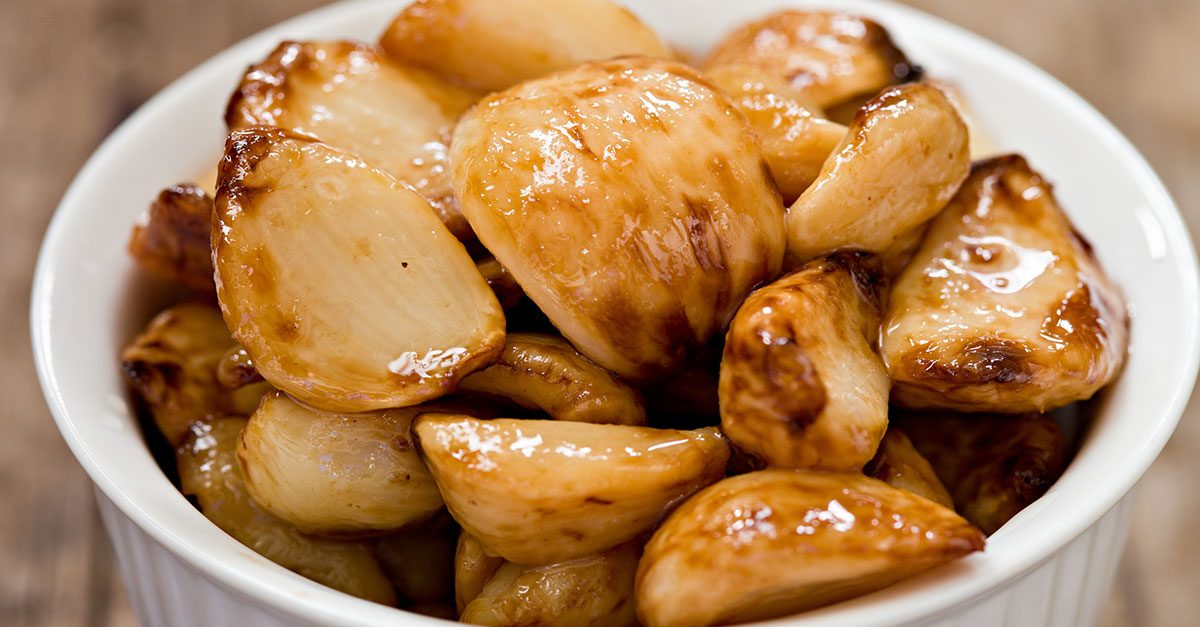Properties and benefits of the peas to strengthen the immune defense system
Peas have many beneficial and nutritive properties; they are a concentrate of vitamins, minerals and antioxidants. They also help digestion and are useful in case of constipation.
;Resize,width=742;)

Peas have many beneficial and nutritive properties; they are a concentrate of vitamins, minerals and antioxidants. They also help digestion and are useful in case of constipation.
Peas are legumes with many beneficial and nutritive properties; they are rich in vitamin A, B, C, vitamin K, and minerals such as phosphorus, calcium, iron, magnesium, selenium, zinc. They are also an excellent source of protein, carbohydrates, fiber, folic acid, and are cholesterol-free. The green color of peas is due to chlorophyll which helps the production of red blood cells as well as strengthening the immune defense system. They are a nutritious food rich in beneficial properties for our health; they protect eyesight, they are antioxidants, they lower cholesterol, they protect the digestive system and the cardiovascular system and finally they also help intestinal regularity.
Peas belong to Leguminosae family, they are native to Asia even if since ancient times they are widespread also in Europe. They have a sweet and unmistakable taste; they are real sweet pearls and among the legumes they are the most versatile in the kitchen; we can consume them fresh from April to June but also dried for the rest of the year.
Nutritional properties of peas
- Peas contain a lot of vitamins: eating peas means to take a lot of vitamins, in fact a portion of about 150 grams can provide more than 35% of the recommended daily ration of vitamin A, a vitamin very important for the health of the eyes but also for the immune defense system. Peas also contain B vitamins (excluding B12), and a portion guarantees more than 30% of daily requirements; vitamin B1 in particular is very important for the good function of the nervous system, the digestive system and it helps the cardiovascular system. Vitamin B6, on the other hand, helps to control cholesterol, lowering bad cholesterol (LDL), and it performs an anticoagulant function, bringing benefits to the heart and the cardiovascular system. To lower bad cholesterol, it is important to consume 100 grams of peas a day for at least three weeks. Another vitamin you can find in peas is vitamin C; a portion of peas provides 60% of the recommended daily intake. Vitamin C is an excellent antioxidant, it fights free radicals, it stimulates the production of collagen and it protects us from infections. Finally, peas are a good source of vitamin K important for maintaining strong bones by preventing osteoporosis. This vitamin also helps Alzheimer's patients by limiting damage to the brain.
- Peas are rich in minerals that strengthen the immune defense system; eating a portion of peas of about 200 grams gives us a good percentage of daily requirements of important minerals: magnesium (15%) and potassium (22%), essential for a correct functioning of the nervous system, of the cardiac system and they also help muscles and diuresis. In addition, in peas we find good percentages of phosphorus, iron and zinc that perform important functions; they strengthen the immune defense system, they help to regenerate nerve cells and iron helps in case of anemia. Selenium, on the other hand, is fundamental as a powerful antioxidant; it slows down aging. It also plays an important role in the prevention of tumors, it helps the function of the pancreas and it is also useful against male infertility.
- Peas help to digest food, fight meteorism and protect against intestinal infections; peas are a very digestible thanks to the fact that they contain a lower concentration of starch compared to other legumes, in addition to the high content of insoluble fiber. Fibers also make intestinal transit easier by helping to fight constipation, thanks to its laxative properties. For this reason, they can be eaten with tranquility even by those suffering from colitis and meteorism. In addition, the peas help to clean up the intestine thus preventing viral infections.

- Peas protect the cardiovascular system and lower cholesterol; folic acid and vitamin B6 take care of the heart and also prevent blood clots in the arteries. They also manage to lower levels of bad cholesterol (LDL) in the blood. Chlorophyll also plays an important role, in fact it stimulates the production of red blood cells, helping to strengthen the immune defense system.
- Peas are excellent for those who want to lose weight; peas have a moderate calorie content (about 80 calories per 100 grams of fresh peas) and they increase the sense of satiety. They are excellent for those who want to lose weight; just eat two portions a day of peas or vegetables in general, to avoid acquiring excess kilos. In particular they help reduce the waistline. They also provide energy that is gradually expended by our body; peas therefore provide us with the right energy, helping us to eat less.
- Peas help also to improve your mood; folic acid is also important for preventing the risk of depression by fighting bad mood, asthenia, stress and anxiety.
- Peas are useful in case of diabetes; peas help to keep blood sugar levels stable, bringing benefits to those suffering from diabetes. Soluble fibers, linoleic acid, malic acid and lecithin also play this important role.
- Peas fight the symptoms of menopause; peas contain phytoestrogens that help to control the classic symptoms of menopause such as hot flashes, when consumed daily.
;Resize,width=767;)
;Resize,width=712;)
;Resize,width=712;)
;Resize,width=712;)
